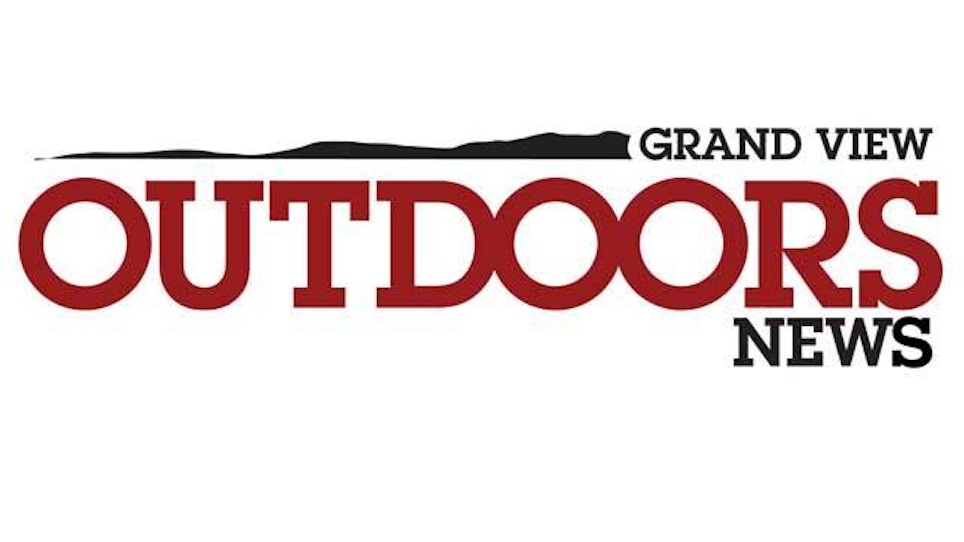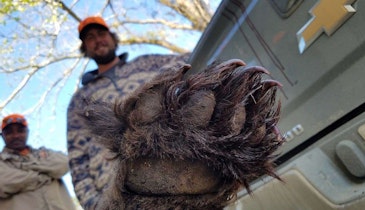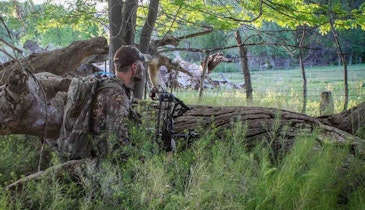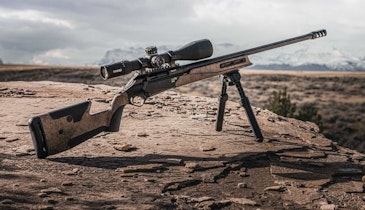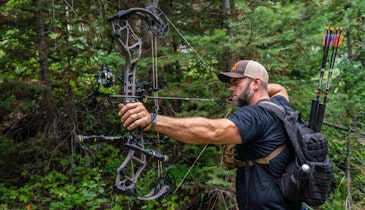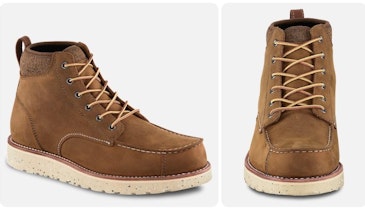By JEFF BARNARD | Associated Press
GRANTS PASS, Ore. (AP) — A tiny minnow that lives only in Oregon backwaters is the first fish ever taken off U.S. Endangered Species Act protection because it is no longer threatened with extinction.
The U.S. Fish and Wildlife Service was to announce Tuesday that the Oregon chub was recovered, 21 years after it went on the endangered species list. The agency will monitor the fish for nine years to make sure populations continue to grow.
"We're not saying it won't need management," said Paul Henson, Oregon director of Fish and Wildlife. "But they can leave the hospital and get out to be an outpatient."
Henson was to make the announcement at 10 a.m. Tuesday at a 92-acre property along the McKenzie River outside Springfield owned by the McKenzie River Trust that combines a working farm with habitat protection and restoration.
The fish had practically disappeared from Oregon's Willamette Valley as the swampy backwaters and beaver ponds it depends on were drained to control flooding and create farms and cities over the past century and a half. Those that survived the habitat loss became easy prey for bass introduced from the East.
Unlike Pacific salmon, the Oregon chub was relatively easy to save because it inhabits small places and does not get in the way of huge economic forces, such as logging, hydroelectric power and farming, said Oregon Department of Fish and Wildlife biologist Brian Bangs, who since 2005 has supervised recovery efforts.
Joe Moll, executive director of the McKenzie River Trust, said the chub's obscurity made it easier to find solutions because there were none of the high stakes and big egos involved in charismatic species like wolves, grizzly bears and salmon.
"We are better able to look at something that you can put in the hand of a little kid, and just reflects joy with the natural world," he said. "The recovery of the Oregon chub is a sign the river is still alive. It still has the processes that things like chub and chinook salmon juveniles evolved with."
The Oregon chub is a small minnow, typically about 3 inches long, with an olive-green back, silvery sides and large scales.
They were not described scientifically until the early 1900s, when a researcher found some outside Portland in the Clackamas River drainage, Bangs said. It was the 1970s before anyone really started paying attention.
Before European settlement, the Willamette Valley was a complex system of braided river channels, oxbows and beaver ponds, where perhaps as many as 1 million Oregon chub lived, Bangs said. By 1992, there were only 1,000 fish known in eight locations. Today, there are 180,000 fish at 80 locations.
The recovery plan focused on establishing partnerships with landowners to restore key habitats, breeding and transplanting fish to those places, and getting the U.S. Army Corps of Engineers to alter dam releases to more closely resemble natural river flows. Private landowners who agreed to have chubs introduced on their property and to follow some guidelines were given safe harbor agreements guaranteeing the presence of the endangered fish would not interfere with their use of the land.
"We managed to figure out a way to provide for the habitat of the chub in some subset of its range in the Willamette Valley in a way that was economically compatible with landowners, agriculture and other commodity-type development," said Henson, the Fish and Wildlife director. "Twenty years might seem like a long time (to get it off the endangered list). On the other hand, if you think of the 150 years of habitat modification that went on before, it is pretty darn quick."
Along with chub, a variety of protected species moved into those restored habitats, including salmon, Western pond turtles and red-legged frogs, Bangs said.
